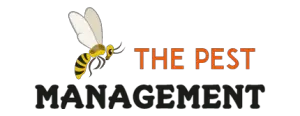Have you got a memory foam mattress and you think you might have bed bugs in it. Can bed bugs live on a memory foam mattress? Can they get in the mattress? How can you tell they are there? What...
Recent Posts
Did you just see some poop on wood and are wondering what does bed bug poop look like on wood? Can you tell it apart from other insects? If yes what should you look out for? I will cover all...
I hate seeing ants on my pants. Why do ants crawl on you? Do we smell inviting? How do you stop ants crawling on your leg, arms or your back? We need some repellents or reduce some of the odors...
How to Stop Ants Nesting in Your Flower & Plant Pots {Repel Them For Good}}
My plant pots are full of ants. Again. I wanted to know how to stop ants nesting in your flower & plant pots, but I couldn’t find a good article to help me. This is why I had to do this for...
Can Squirrels Eat Grapes? {The Ultimate Food List For Squirrels}
Squirrels grab food and roll it around as they devour its goodness in a moment of pleasure. They keep their eyes open and look for threats or a better meal in my bowl on my lap. Should I give this...
Do Coffee Grounds Keep Squirrels Away? {Here Are All The Best Squirrel Deterrents}
What smells good for you may smell awful to a rodent like a squirrel. They may hate it so much that they will stay away from areas where this odor is present. So, do coffee grounds keep squirrels...
